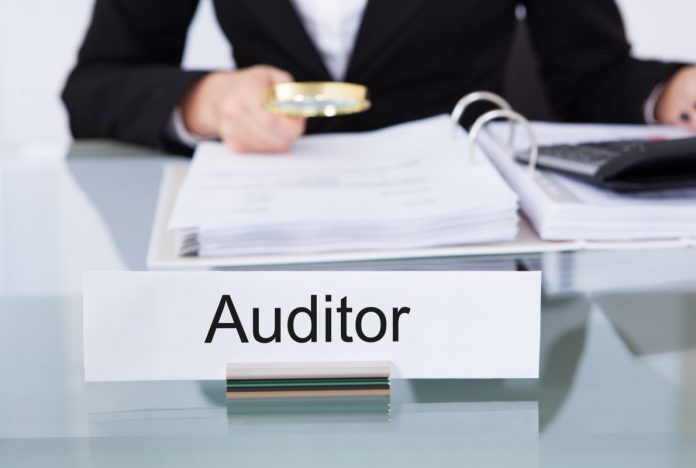Jim Gee, Partner and Head of Forensic and Counter Fraud Services at PKF Littlejohn sheds light on the impact of fraud on the healthcare sector…
Fraud is a challenging problem no matter what sector it impacts on. Its economic effects are clear – worse public services, less financially stable and profitable companies, diminished levels of disposable income for all of us, charities deprived of resources needed for charitable purposes. In every sector of every country, fraud has a pernicious impact.
However, in the healthcare sector there is a direct, negative impact on human life. Whatever country we live in what we all have in common is that our people want and need to be healthy. There are healthy people who fear ill health, sick people who yearn to be well, older people who want to enjoy their later years and young people who need the foundations of lifelong good health.
At present we have a fraudulent or corrupt minority who are prepared to divert the funds which are intended to keep us all well. That minority exists in all countries – and even in the UK’s National Health Service (NHS). Every penny lost to fraud and corruption drains the lifeblood from our healthcare systems and undermines their capacity to provide essential treatment.
PKF Littlejohn and the Centre for Counter Fraud Studies at University of Portsmouth have published the latest global (and UK) research concerning the extent to which this happens – ‘The Financial Cost of Healthcare Fraud Report 2015’.
The Report doesn’t just look at detected fraud or the individual cases which have come to light and been prosecuted. Because there is no crime which has a 100% detection rate, adding together detected fraud significantly underestimates the problem. The Report also doesn’t rely on survey-based information where those involved are asked for their opinions about the level of fraud.
Instead it considers 107 statistically valid and highly accurate loss measurement exercises looking at the total cost of fraud (and error). The data considered covers 17 years and 14 different types of healthcare expenditure in different countries, with a total value of £2.9 trillion.
Across this massive global dataset it shows average losses of 6.2% with 88% of the loss measurement exercises showing losses of greater than 3% and an increase of almost 11% in this cost since 2007.
In the UK’s NHS, the report looks at losses in 6 areas of expenditure and 3 of patient charge income, using the NHS’s own data where it has measured losses or global data where it has not. Total losses for the NHS (for fraud alone) are estimated to be between £3.73 and £5.74bn depending on the assumptions made – either way an enormous sum which is not being devoted to patient care.
In the context of the NHS having to make efficiency savings over coming years and the annual pressures for additional expenditure as new treatments become available, this is a cost which the NHS needs to do more to manage and minimise. The report cites the period between 1998 and 2006 when the NHS did just this – reducing the cost of fraud by up to 60% and delivering £811m of financial benefits to fund better patient care.
So what is to be done? It is the view of the authors of the Report that there are 3 first steps for the NHS to take to reduce the cost of fraud:
1) The NHS needs to re-adopt an approach which is focussed on reducing the cost of fraud not just investigating and prosecuting individual examples (although this is important too);
2) It therefore needs to re-commence loss measurement exercises across key expenditure streams. It is only with accurate knowledge about the nature and extent of fraud that proportionate, effective action can be taken to reduce its extent; and
3) It needs to re-create a powerful, well-resourced organisation to lead this work with a remit and authority across all parts of the NHS.
This is an urgent task for those who manage the NHS. It is hoped that the report provides an evidence base for renewed action to protect it as it needs to be protected.
Jim Gee
Partner and Head of Forensic and Counter Fraud Services
PKF Littlejohn
Tel: +44 (0)20 7516 2288
jgee@pkf-littlejohn.com











